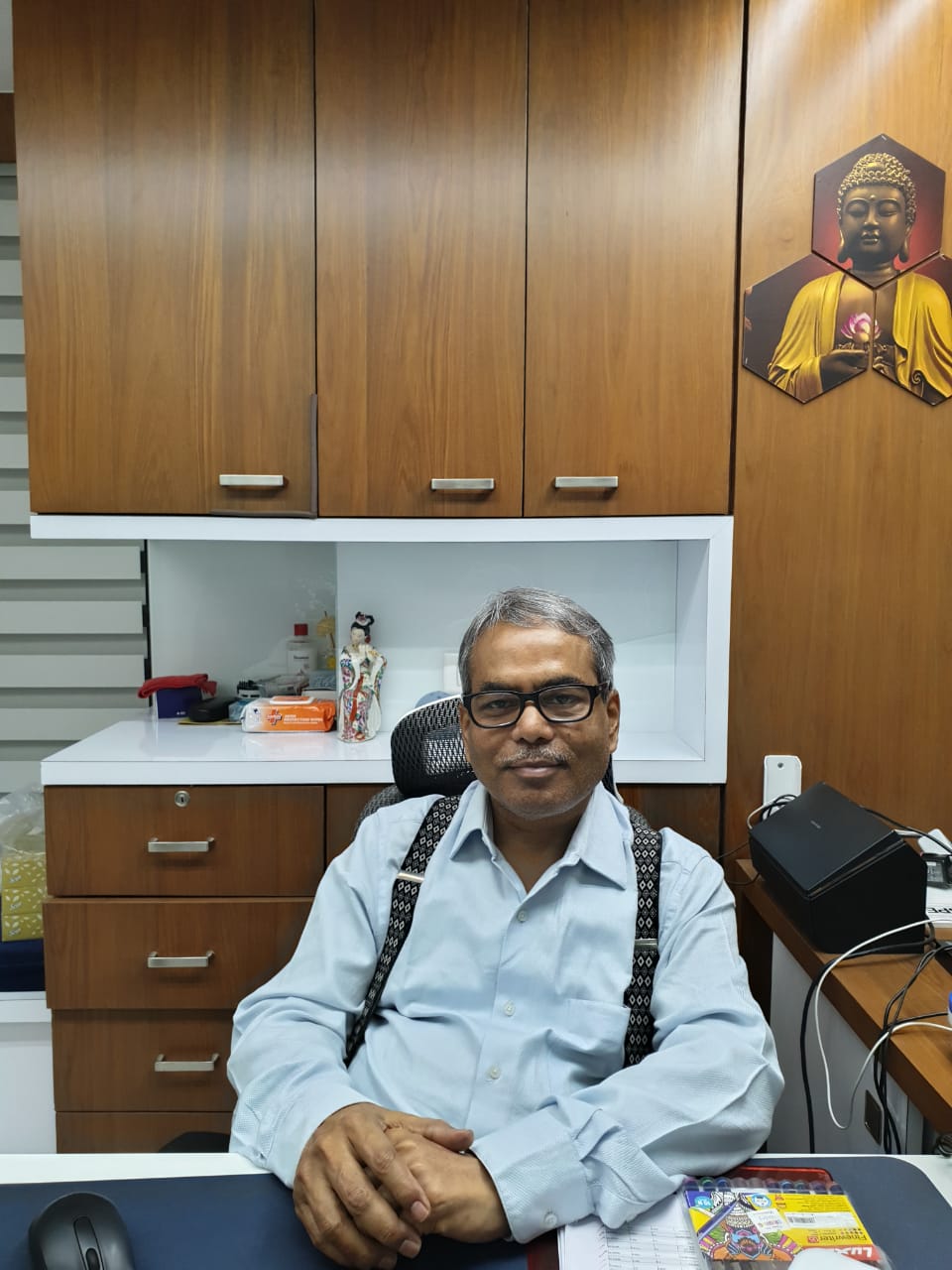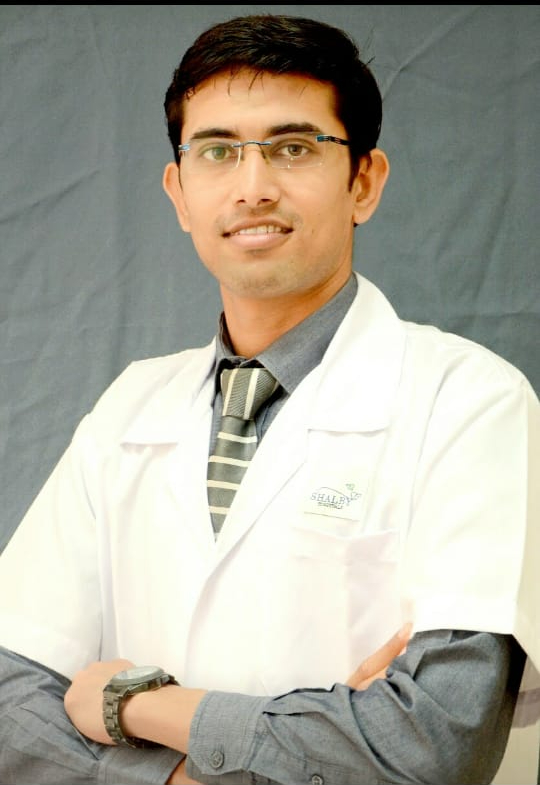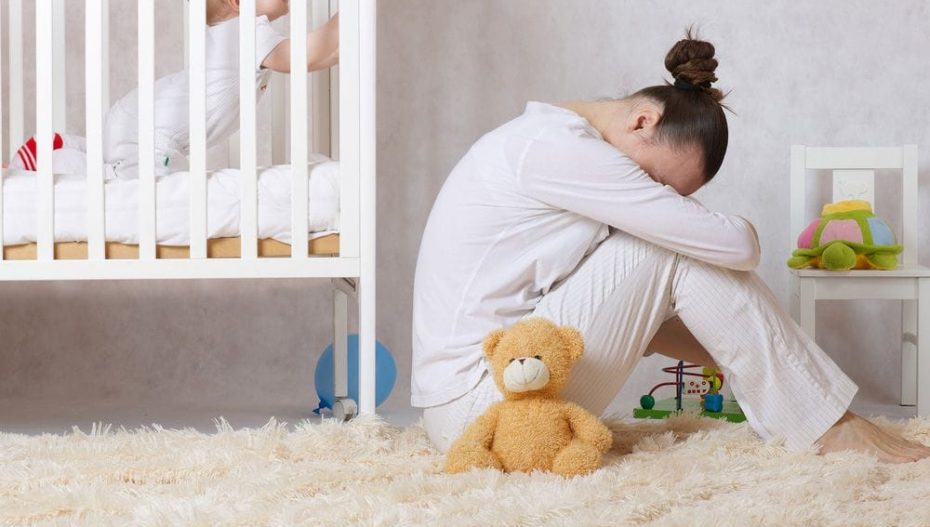The tragic death of Dr Soundarya Neeraj, granddaughter of former Karnataka chief minister BS Yediyurappa, is now being trailed to Post Partum Depression (PPD). The mother of a six-month-old, she was found hanging in her Vasanatnagar flat in Bengaluru on Jan 28.
Post Partum depression is a dangerous medical illness involving feelings of extreme sadness, indifference and/or anxiety, as well as changes in energy, sleep and appetite. It carries risks for the mother and child. With the hormones and metabolism working differently during pregnancy and then suddenly forced to break speed and return to pre-pregnant levels, PPD also entails a complex mix of physical, emotional and bodily changes. Most women suffer through depression and anxiety during and after pregnancy believing that it is a part of the process. It is not.
Post-Partum comes from the Latin “post” (after) and “partum” (bringing forth or bearing). According to DSM-5, a manual used to diagnose mental disorders, this mental upheaval sets in immediately after the birthing process and lasts for four to eight weeks. A 2017 study by the World Health Organization which included 20,043 women, showed that such cases were on the rise in South India by 26 percent, followed by 23 percent in the East and then the South Western and Western regions by 23 and 21 percent respectively.
The new mother often finds life and her body in an altered state. “Everything revolves around the new baby. The mother’s body has undergone a sea change. It is of utmost importance to have an understanding partner and a very supportive family structure. Else the hormones can play havoc and leave the mother with suicidal thoughts. Delusions are common and seriously disturbed cases can also can try to harm the new arrival,” explains Dr Vishwamohan Thakur, consultant psychiatrist, Zydus Hospitals. He lists signs to watch out for range from insomnia to being sleepy all the time, too hungry or going through an absolute loss of appetite, an over cautious mother to one who neglects the baby.

“We must not forget that these are clinical cases. Putting it away with trying to cheer up the new mother does not solve the matter. We prescribe cognitive behaviour therapy for mild cases, medicines for some and ECT in extreme cases,” adds Dr Thakur.
According to Dr Kalrav Mistry, PPD has a higher chance of occurring during the first pregnancy, but it has a 20 to 40 percent chance of recurring during the second and third pregnancies. “Changes in the hormones serotonin dopamine and noradrenaline are not to be taken lightly. These are mood changing hormones that are altered during pregnancy, childbirth and nursing,” he explains, noting that antidepressants and counselling are used to help out.

Dr Mistry insists that some time must be set aside for the new mother to either enjoy her hobby or just “be by herself.” This “zero hour,” he says, goes a long way in helping the mind relax and deflate the stress.












